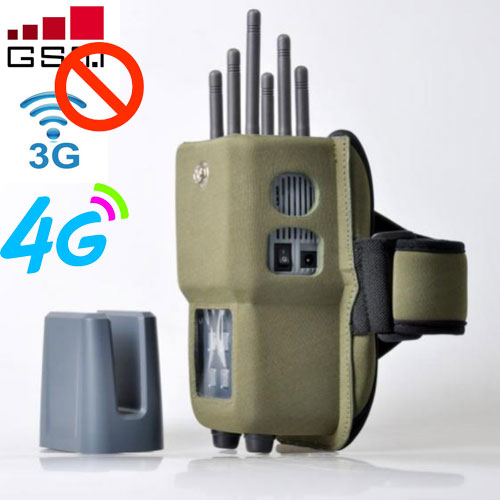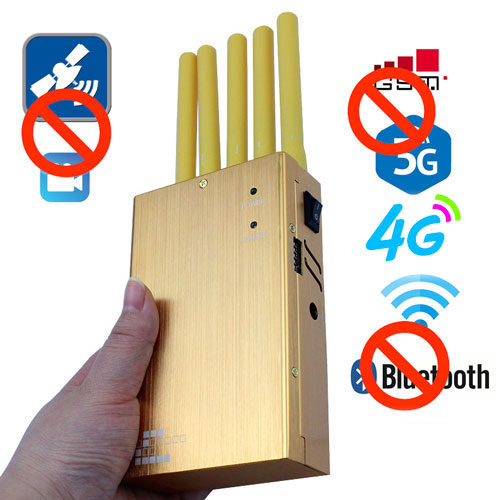Many places need a wifi jammer, but many people do not know the installation method of the wifi signal jammer. Some people think that the wifi jammer device can be used directly by connecting to the power supply, but some people think that the frequency needs to be adjusted, the wifi frequency jammer It's hard to tell whether it works or not, so let's look at how interference works.
The principle of Wifi interference
1. Adjacent frequency interference
Adjacent frequency interference refers to signal interference from frequencies adjacent to the applied signal frequency. Adjacent frequency interference is caused by the unsatisfactory reception filter, which causes the signal of adjacent frequency to leak into the transmission bandwidth. Adjacent channel interference can be minimized through precise filtering and channel assignment.
2. Far and near effect
If the base station of the adjacent channel transmits in a range very close to the receiver of the user, and the receiver uses the base station signal of the preset channel, this problem will become very serious, this is called the near-far effect.
3. Intermodulation interference
When two or more different frequency signals act on a nonlinear circuit, they will modulate each other to generate a new frequency signal output. If the frequency falls within the operating channel bandwidth of the receiver, it will interfere with the receiver and become intermodulation interference.
4. Blocking interference
Any receiver has a certain reception dynamic range. When the out-of-band interference signal is strong to a certain extent, and the reception power exceeds the maximum power level allowed by the reception dynamics, it will cause the receiver to be fully blocked, thereby affecting the reception performance of the system. This kind of interference is called jamming. The blockage will cause the receiving machine to fail to work normally, and long-term blockage may also cause permanent performance degradation of the receiving machine.

5. Spurious interference
Because of the roll-off characteristics of the transmit filter, there is always a certain amount of out-of-band radiation, which is what we generally call the transmit spur. The interference caused by the transmission spurs is called spurious interference.
Interference between mobile communication systems
1. In-band interference: The CDMA transmitting signal acts directly on the GSM receiver as in-band noise directly or through intermodulation and other methods, resulting in a decrease in the sensitivity of the GSM receiver. This type of interference is further divided into transmitted spurious interference and intermodulation interference;
2. Out-of-band interference: When the out-of-band interference is strong to a certain extent, it will cause the receiver to be full and blocked, thereby affecting the reception function of the GSM system. This type of interference is also called blocking interference.
The use of the wifi blocker is convenient for our life, but its signal easily interferes, so it is still necessary to adjust its frequency.


